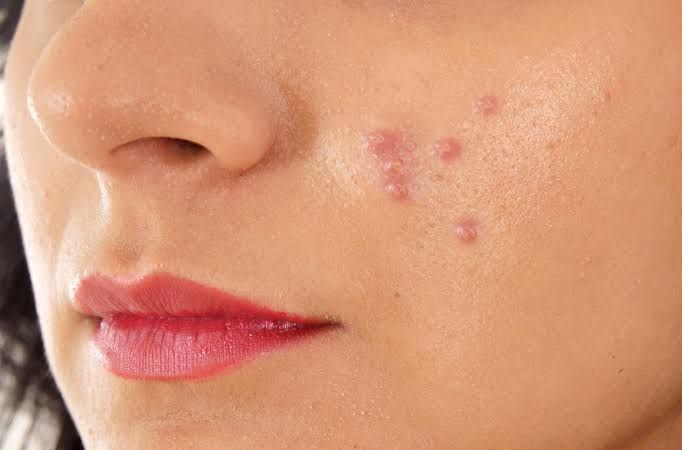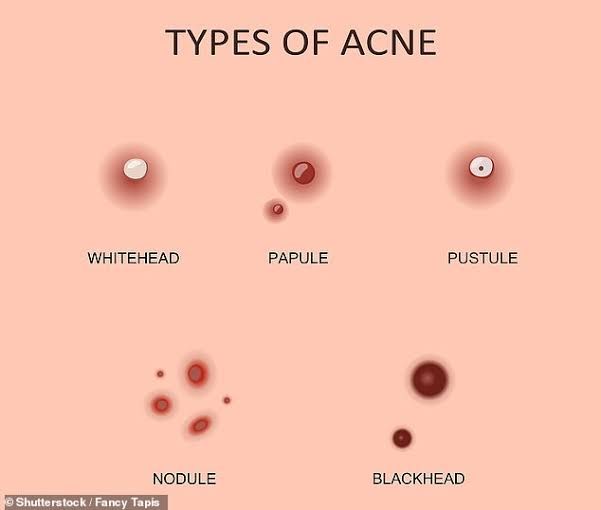How To Treat Your Acne
Apr 13, 2019 • 138 views
We tend to expose more skin in summers as compared to other half of the year. The reason might be to save ourself from the heat but in doing so our skin gets more prone to acne, not knly on face but also on the exposed parts of the body.
Acne usually develops when hair follicles—the small sac that covers the hair on our skin—become clogged and prevents the evacuation of sebum. Sebum is an oily substance that helps keep skin hydrated. When sebum accumulates, it causes the formation of comedones (blackheads). Pores clogged by sebum also promote the proliferation of bacteria which are responsible for the inflammation and pimples that acne is known for.

Acne prone skin is usually found in every teenager and its proper treatment should be done before it becomes more grave. Treating it at the right stage is important.
How to get rid of it
#1 Pimples and blackheads shouldn’t be picked at, scratched or pierced. Popping a pimple leads to inflammation and the spread of germs on neighbouring skin. Moreover, picking at pimples increases the risk of scarring.
Stay away from products which irritate your skin. The more your skin gets irritated the more you get tempted to pick at it.
#2 Cleanse your skin twice a day using clear water and fragrance free, gentle cleanser which is not rough on your skin and is void of chemicals. Avoid using regular soap as it contains a lot of chemical which may damage your skin and promote acne.
#3 Avoid rubbing your skin when cleansing it. Lather the cleanser onto your face, rinse adequately, so as not to leave any residue on your skin, and gently tap it dry with a towel.
#4 Controlling your diet, which means avoiding spicy and oily food can help remove that excess oil from your skin and stop acne from growing.
#5 Limit the use of skin care products such as masks and scrubs to once or twice a week. Excessive use of these products leads to skin irritation and will contribute to ongoing acne.
#6 Drink a lot of water. Consuming good amountof water keeps your body as well as skin hydrated and health. In this way skin in not getting dried out and chances of acne sporuting on dry skin is much higher.

